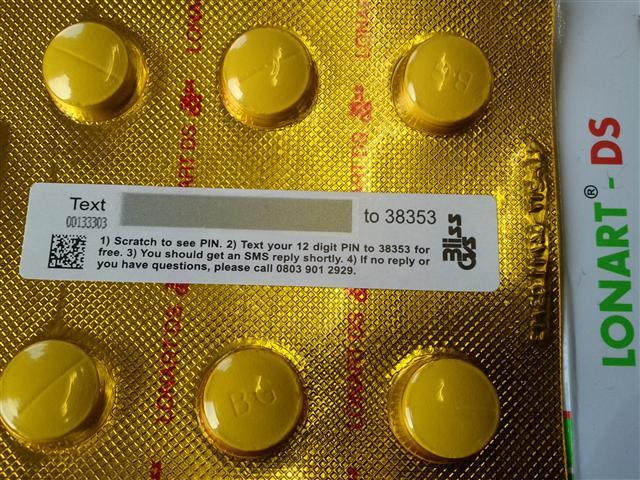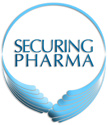 Sproxil has reported an early success in its recent push into the Indian market with the signing of a three-way agreement for its medicine authentication system (MAS) technology, which allows consumers to verify drug purchases using a text message.
Sproxil has reported an early success in its recent push into the Indian market with the signing of a three-way agreement for its medicine authentication system (MAS) technology, which allows consumers to verify drug purchases using a text message.
The agreement with Nigerian medicine distributor Greenlife Pharmaceutical Ltd and Indian drugmaker Bliss GVS Pharma Ltd will see Sproxil's MAS platform applied to antimalarial drug Lonart-DS (artemether and lumefantrine).
For only the second time, this implementation of Sproxil's MAS will include the use of 2D datamatrix barcode, said Sproxil chief executive Ashifi Gogo, who told SecuringPharma that the client has taken the opportunity not only to protect the public from counterfeit medicines, but also bring it into compliance with India's proposed mandate on coding for exported drugs (see India setting back serialisation deadlines? and India sets challenging timeframe for barcoding drug exports).
The MAS was introduced in Nigeria last year and "continues to prove successful in creating unsafe harbours for counterfeiters," said Sproxil in a statement. A deployment of the technology to protect GlaxoSmithKline's Ampiclox (ampicillin plus cloxacillin) antibiotic brand also uses a 2D barcode.
"We have a web-based service that the 2D barcode can leverage for item-unique 2D barcode validation using smartphones, but this has not been activated for the Lonart-DS product just yet," said Gogo.
He noted that Bliss GVS Pharma wants to be set to start printing variable 2D barcodes on each Lonart-DS blister and deploy "when they chose to do so, without creating large internal supply chain disruptions." The idea is that when they elect to activate 2D barcode authentication, their labels will have already obtained regulatory approval for 2D barcodes.
"It’s a valuable strategy we recommend to all our clients that want to have an easy migration path to the 2D barcode authentication option," said Gogo.
Antimalarials have become a perennial target for counterfeiters, and Bliss GVS Pharma's brand has not been spared their attentions.
Last year, Nigeria's National Agency for Food and Drug Administration and Control (NAFDAC) seized 10,000 packs of fake Lonart-DS at the country's Lagos International airport, worth an estimated 10 million naira (around $70,000). The shipment was picked up thanks to NAFDAC's decision to invest in another technology, the TruScan handheld Raman spectrometer sold by Thermo Fisher Scientific.
Meanwhile, the governments of Nigeria and India have been collaborating closely on measures to shore up the security of the medicines supply chain, given that the majority of generic medicines imported into the African nation originate from Indian drugmakers.
The recent Lonart-DS counterfeiting episode "illustrated the need to collaborate with other stakeholders on a way to abolish counterfeit drugs," according to Sproxil, which said that the MAS for the brand is already underway with more than 10,000 people already authenticating their purchases of the drug using the system.
Gagan Harsh, general manager of Bliss GVS Pharma, said: "while the direct impact on this service in controlling counterfeiting as a menace is yet to be seen, the start has been quite promising and things seem to be moving in the right direction."
